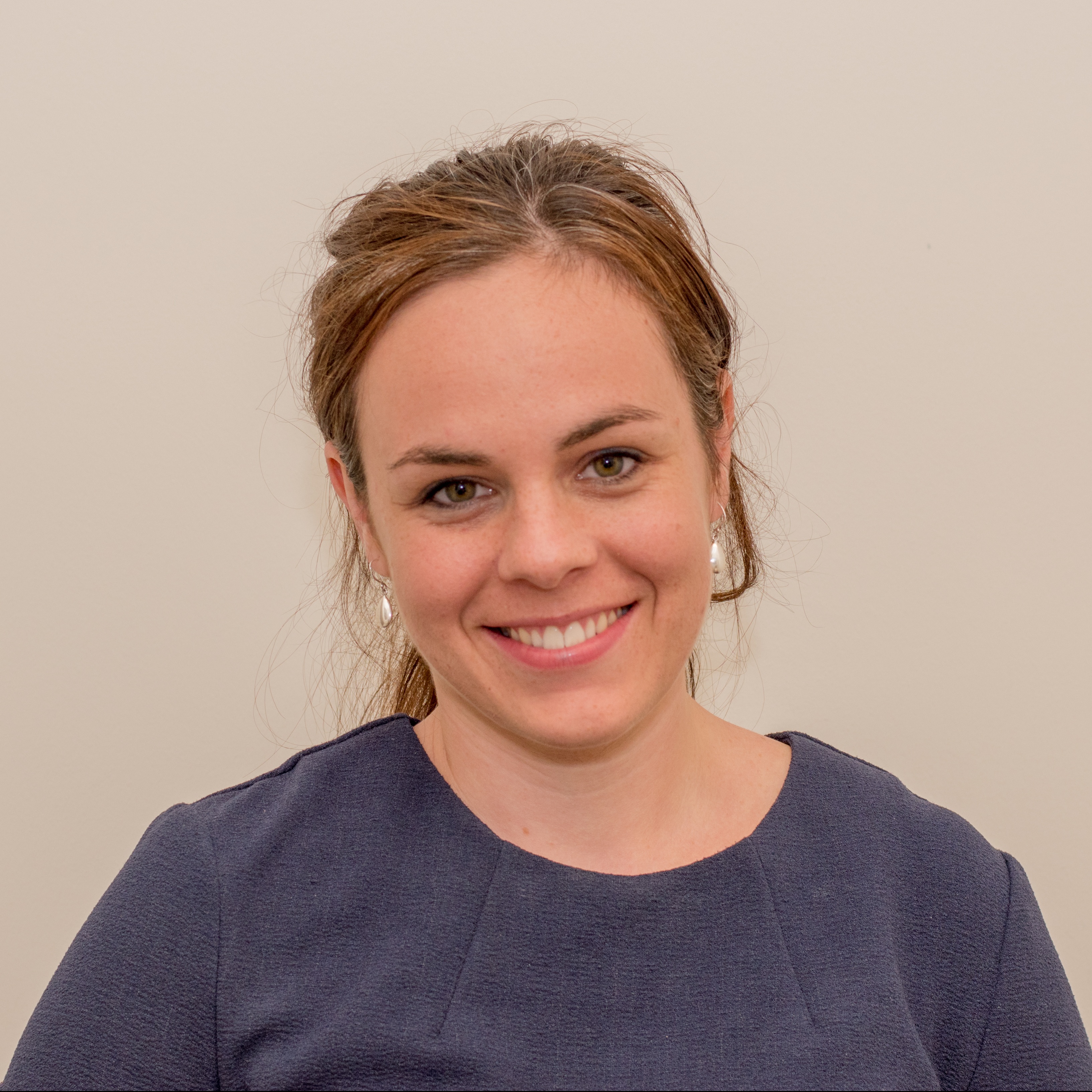Scottish business welcomes steady-as-you-go budget

Kate Forbes
Finance secretary Kate Forbes did not announce any changes to income tax rates and bands in the coming year after she set out the Scottish Government’s budget plans yesterday.
Ms Forbes said that in light of the current coronavirus pandemic, it is vital that the Scottish Government continues to support household and families.
She said: “That is why I have ensured that no Scottish taxpayer will pay more income tax in 2021-22 than they do now on their current income and, for a fourth consecutive year, more than half of Scottish income taxpayers will pay less tax than if they lived anywhere else in the UK.”
Alongside this, Ms Forbes announced that retail, hospitality, leisure and aviation businesses will get 100% non-domestic rates relief extended for at least an additional three months.
She added that in order to protect people’s incomes, local authorities are to be given £90 million of funding – the equivalent of a 3% increase – on top of the local government settlement to compensate councils who choose to freeze their council tax.
Ms Forbes said: “In recognition of the increasing pressures on many family budgets, I am also providing local councils with £90m on top of their settlement of £11.6 billion to freeze the council tax. This will ensure that while council tax bills won’t go up, there will be no impact on vital local services.”
In terms of business support, the finance secretary confirmed that the Local Authority Discretionary Fund will be doubled to £60m in this financial year to allow councils to respond to local needs. In addition, businesses eligible for the Strategic Framework Business Fund will receive full Level 4 payments on 22 February, regardless of any future changes to local restrictions.
The budget also included a £98.2m allocation to improve Scotland’s digital infrastructure and deliver access to high quality broadband and mobile coverage.
A new £55m programme was also announced in order to support town centres and community-led regeneration projects while the Rural Tourism Infrastructure Fund has been doubled, helping tourist attractions and local communities make improvements to cope with increased visitors.
Vishal Chopra, KPMG’s head of tax in Scotland, said that the budget was ‘very light’ on tax announcements despite being ‘billed by the Scottish Government as one of the most important in the history of devolution’.
He said: “Income tax bands are to increase in line with inflation, with the top rate threshold frozen at £150,000. Meanwhile, the temporary change in the residential nil rate threshold for Land and Buildings Transactions Tax (LBTT) will return to £145,000, albeit First Time Buyer relief remains in place. As does the 4% Additional Dwelling Supplement, elements of which are to be the subject of a consultation in the next Parliament. Landfill taxes rates are to increase.”
Sharon Blain, tax director at PwC Scotland, said “this was something of a “stop-gap” Budget focused on stability for today as a stepping stone to recovery and growth for tomorrow as Scotland continues to face the economic headwinds of the pandemic.”
She added that “Scots will see little change to the amount of income tax they pay. Rates will remain the same while most bands will move in accordance with inflation if at all. In combination with the increase in the personal allowance previously announced by the UK Government, this will give Scottish taxpayers a small decrease in overall income tax.”
Echoing her sentiments, Stewart Mathieson, head of tax for EY Scotland, said the Scottish Government had the lack of an income tax increase will be welcome news to Scotland’s working population.
He said: “As the nation is still grappling with the impact of lockdown restrictions, they have taken the view that now is not the time to do anything seismic with raising taxes. There is, however, a distinct likelihood that we may see increased taxes down the line in some form as both the UK and Scotland will need to address the deficits caused by coronavirus.
“The thresholds at which the starter, basic and intermediate rates increase will rise in line with the rate of inflation. The level of the higher rate threshold will increase by £232 to £43.662. This is where the significant discrepancy between Scotland and the rest of the UK remains as the UK higher rate threshold currently kicks in at £50,000 – meaning that an individual in Scotland earning £50,000 will continue to pay more in income tax in comparison to their UK counterparts. These are individuals who are generally highly skilled so it is vital that we look to retain this top talent in Scotland to help boost the economy, especially as we look towards post-pandemic recovery.”
Shirley McIntosh, RSM’s head of tax in Scotland, added: “Despite calls for the temporary increase in the nil rate band for Land & Buildings Transaction Tax (LBTT) on residential property to be extended, Ms Forbes confirmed that rates will return to pre-July 2020 rates from 1 April 2021. LBTT will otherwise remain unchanged from current rates and bands.
“However, she did note a consultation would take place on the possible reform of the Additional Dwelling Supplement, which has proven controversial due to the relatively short period allowed for a refund when replacing a main residence.
“Consultation on tax policy has been an important commitment of the Scottish Government and the results of the most recent consultation have now been published. It was not surprising that there were almost as many suggestions for new or amended policy as there were respondents highlighting the complexity of any tax reform; but it was clear from today’s budget statement that, as expected, stability remains the current focus. However, with an election coming soon and polls showing increasing support for independence, this consultation provides food for thought.”










